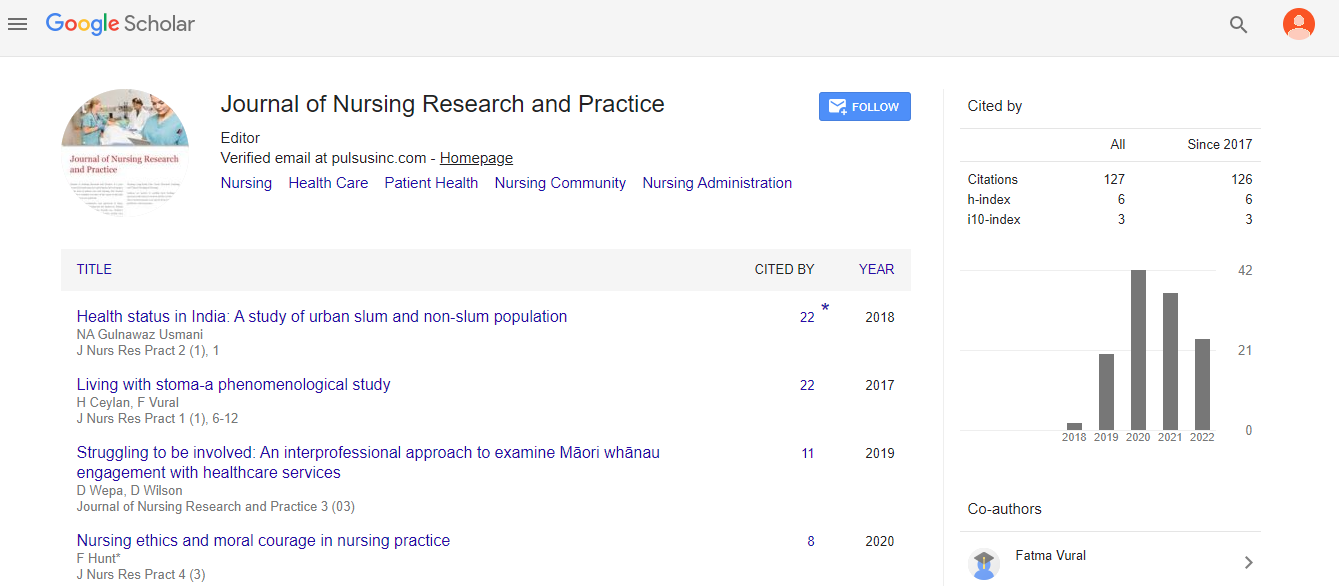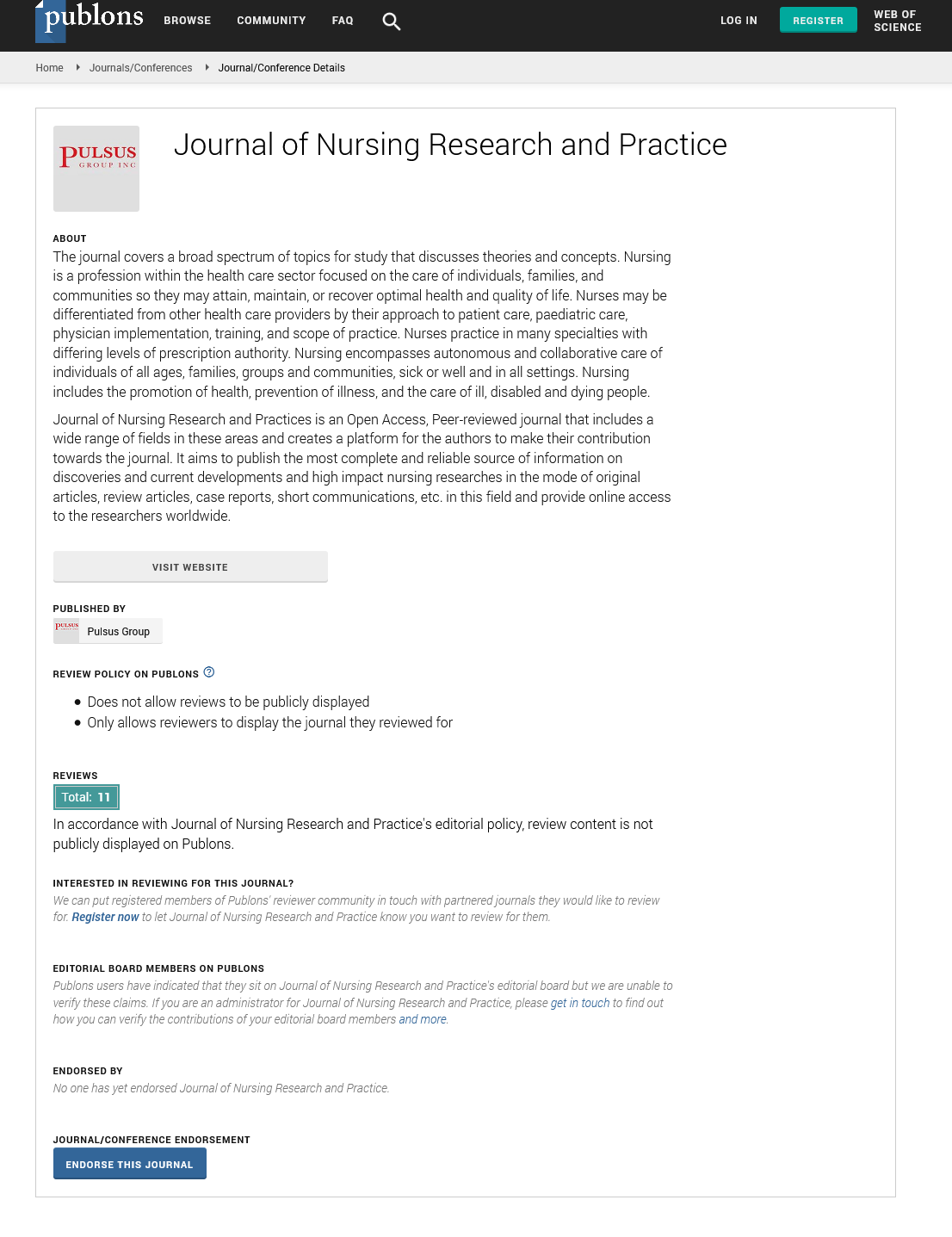
Sign up for email alert when new content gets added: Sign up
Adverse effects of cannabis: State of the science
Joint Webinar on 7th International Conference on Global Healthcare & 4th International Conference on Addiction Research and Therapy
October 08, 2021 | Webinar
Susan Weiss
The National Institute on Drug Abuse (NIDA), USA
Keynote: J Nurs Res Pract
Abstract :
Laws around cannabis in many parts of the United States are rapidly changing. This is partly due to shifting attitudes: the public is becoming more supportive of policies that decriminalize or legalize cannabis, because prohibition has not prevented access to the drug and has disproportionately harmed people of color and their communities (among others). There is also a widespread belief that cannabis is safe relative to other substances and may have therapeutic benefits. But cannabis use also has well documented risks--it can be addictive, especially in those who start young; it raises the risk of car crashes; affects cognitive performance; and can precipitate or worsen the course of psychosis in vulnerable individuals; and it negatively affects life achievement and satisfaction. Also, because the endo cannabinoid system (where cannabis acts) plays an important role in brain development, cannabis may pose specific risks for children and adolescents, and babies in utero. But there is still much we don’t know about cannabis, including the reversibility or persistence of its effects; the impact of higher potency products [containing high levels of delta-9-tetrahydrocannabinol (THC)], and the potentially beneficial effects of cannabis or cannabinoids for treating pain and other conditions. This presentation will focus on the current state of the science of cannabis to provide a better understanding of how cannabis works in the brain (and body) to exert its diverse effects, and to identify critical research needs and opportunities, including those stemming from the changing cannabis policies.
Biography :
Susan Weiss is the Director, Division of Extramural Research at the National Institute on Drug Abuse (NIDA), which oversees NIDA’s extramural programs, research training, operations planning, and trans- NIH initiatives, such as the Adolescent Brain Cognitive Development (ABCD) study. She is also a senior science advisor to the NIDA Director. Previously, she served as the Chief of the Science Policy Branch and Acting Director of NIDA's Office of Science Policy and Communications, where she provided leadership and oversight for all of NIDA’s interactions with its diverse stakeholders.
She has received multiple awards, including NIH Plain Language Awards, NIH and NIDA Director’s Awards, the Ziskind-Somerfeld Senior Investigator Award from the Society for Biological Psychiatry, and a Governor’s Award, Academy of Television Arts and Sciences (Emmy, 2007), for her contributions to the HBO Addiction Project. She has published nearly 150 scientific articles and book chapters. She graduated from the State University of New York at Stony Brook, and received her Ph.D. in psychology from the University of Maryland.





